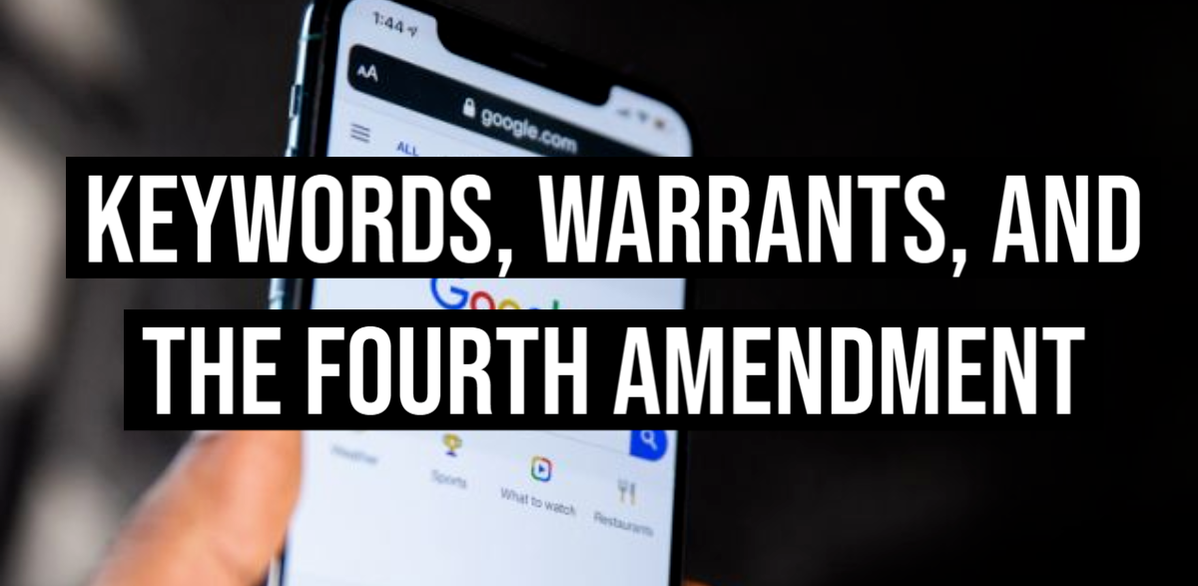|
If your local police department wants to know your search history, it must obtain a warrant, as required by the Fourth Amendment. But if it wants to know everyone who searched for a keyword, Google will provide it, even if the keyword is something very specific and personal to you – like an address or a person’s name.
In August, police arrested a man for setting fire to the car of a purported witness. Police caught him by sending a request to Google for everyone who searched the address of the residence close to the time of the arson. They made their arrest. “This ‘keyword warrant’ evades the Fourth Amendment checks on police surveillance,” Albert Fox Cahn, executive director of the Surveillance Technology Oversight Project, told Alfred Ng of CNET, “When a court authorizes a data dump on every person who searched for a specific term or address, it’s likely unconstitutional.” Ng notes that keyword warrants are similar to geofence warrants, in which police ask Google for data on all devices logged in at a specific time and area. Google received 15 times more geofence warrant requests in 2018 compared with 2017, and five times more in 2019 than in 2018. One wonders when courts will crack down on these too-clever-by-half tactics to get around the Fourth Amendment. Comments are closed.
|
Categories
All
|


 RSS Feed
RSS Feed